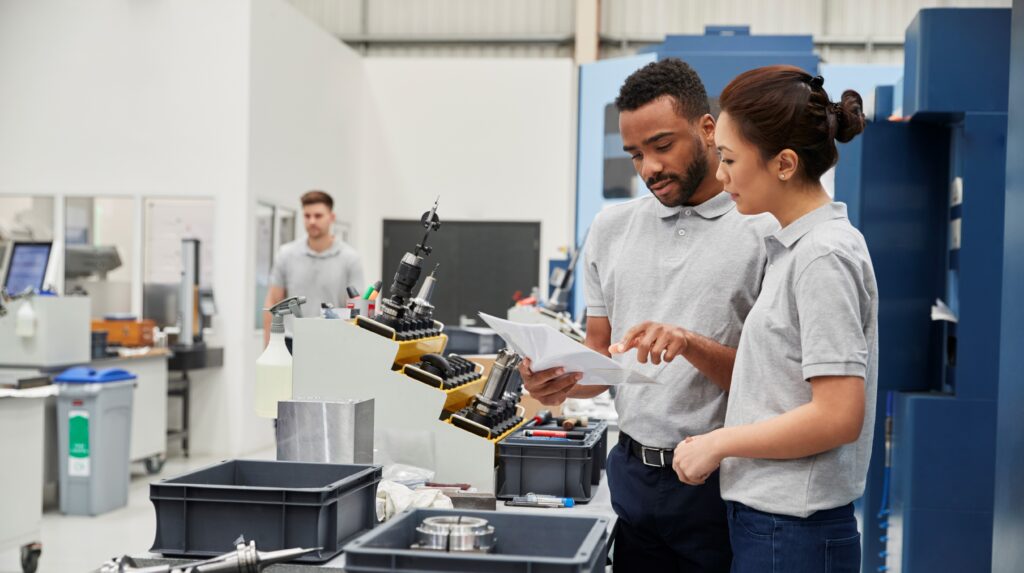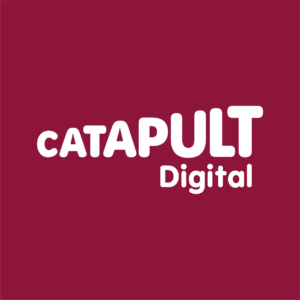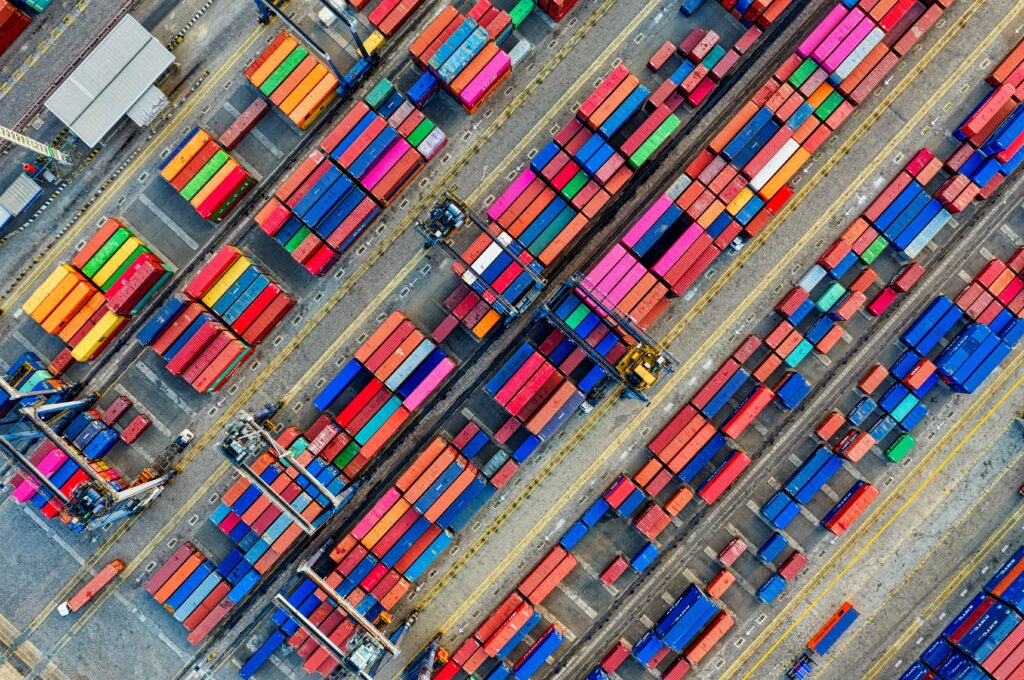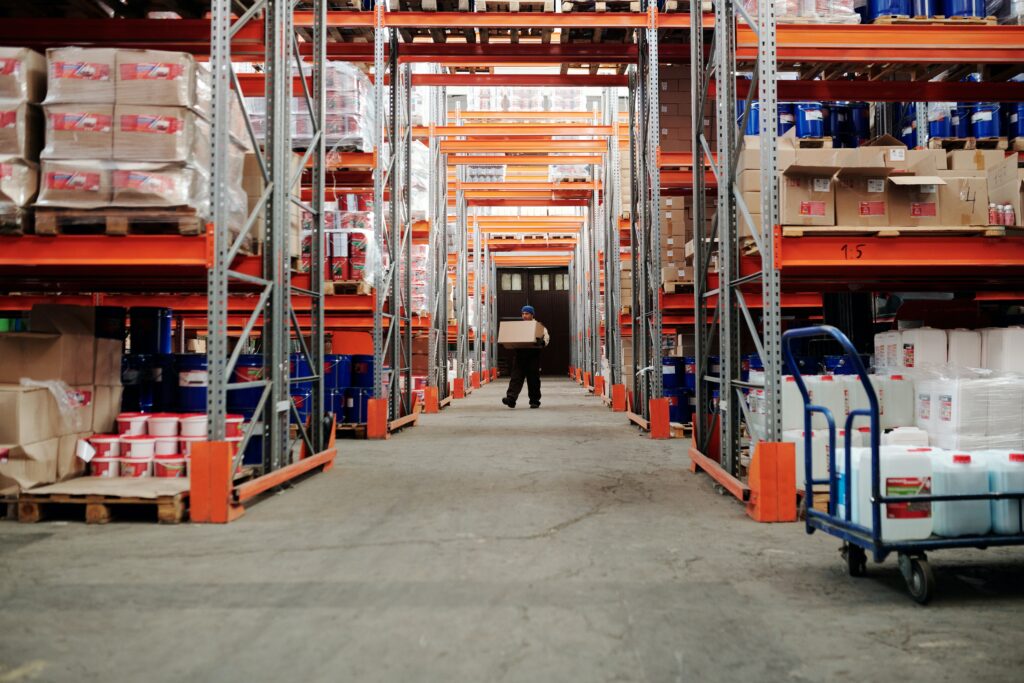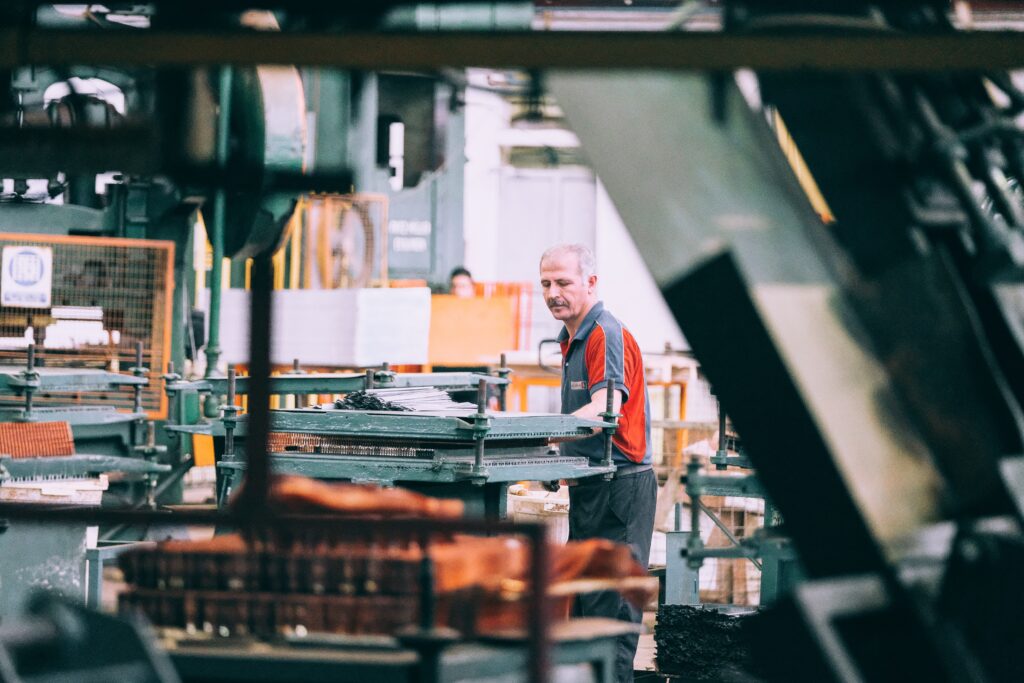The Made Smarter Innovation | Digital Supply Chain Hub has been created to empower supply chains and manufacturers in the UK to work together to tackle key challenges facing our industries and sectors. As part of this, we’ve been having some key conversations around four key topics and our ambition for the programme as a whole.
Industry
Aerospace and automotive are seen as the hardest spaces to disrupt due to their legacy systems and size. This is also true of defence, where data can be shared via CDs and not through digital systems.
Looking for examples of best practice for data flows, the finance and insurance industries have been highlighted as sectors outside of supply chains who have excellent flow of data through their industries and we’re keen to learn what we can from these verticals.
Those organisations that are digital natives have advantages over legacy organisations with processes and services which are more agile and adept at supply chains. Amazon was called out as a logistics organisation with a retail front end as opposed to a traditional retailer. Similarly, Ocado works as a supply chain platform which sells goods. However, these digital native organisations have rigid processes with them with penalty clauses which can make collaboration hard.
Another challenge was identified around communication and best practice examples across sectors. How can we make sure that when a digital innovation happens in one sector, those learnings can be pulled across into other supply chains?
Sustainability
We’re keen to come up with a common language at the Hub around the definition of sustainability. However, time that could be spent coming up with a perfect definition takes away from the actual delivery of sustainable outcomes. That time would be better spent on intent and outcomes as opposed to a single definition with key areas of focus on CO2 reduction and energy management.
The programme aims to delivered through a framework focused on these areas and then expanded to broader sustainability areas:
- Environmental – (after carbon) water, waste and biodiversity
- Human and social – skills, equality
- Economic – standard P&L/BS metrics
Financial metrics are the most understood and would be good to replicate this level of vigour on others.
One of the key challenges is around consistency of measurement.
- A consistent methodology should be implemented and a definition of what a minimal viable data set for sustainability should be set.
- Datasets should be localised to keeping things relevant to everyone
- Linking up internal teams within the organisation / network to share data
- Need simple tools to ensure quality for all types of organisations and ease of visualisation with good user experience to understand what is being shown
- Need a common approach to:
- Platform
- Analytics
- IOT
One way we could think about carbon would be not to just measure it, but to monetise it. This would open up the opportunity to create a market for it. To do this, we acknowledge it is important to align with existing initiatives including the GHG protocol, Scope 3 work being done by HVMC and BSI, and work in International Aerospace (IAEG), among others.
Collaboration
Supply chain collaboration has a number of challenges around how different players in the ecosystem and along supply chains currently work together. We’re interested in high risk, high reward areas that we could be working on at the hub.
The lack of standards and interoperability is a key concern which the Hub will be addressing over the next few years and this comes up as a key challenge for all participants in a supply chain. ERP integration is a complex project and this is further hampered by a lack of digital talent and a lack of understanding around the costs involved.
Trust was another key concern in supply chains. Suppliers can struggle with data sharing through the supply chain – whether through unwillingness or because they don’t have the ability to see real-time data up or down the value chain.
Content
We know there is a lot of great stuff already produced when it comes to supply chains and ensuring that the Hub is considered to be part of that in the future is essential to the programme and the potential future of the hub post-funding.
One of the key themes for our conversations was the need for the Hub to be ‘more than a talking shop’. The mission of the Hub is to develop and empower supply chains in the UK. We will amplify the work of the flagships, share the open calls and discuss the outcomes of that work, and to share learnings from the living labs.
We know that there is a need for different levels of content for different audiences. This could be digital supply chains 101 for leadership, quick wins and easy-to-follow examples for smaller businesses. The importance of translating breakthroughs in one sector to make them relevant for others was discussed so that these learnings could be applied elsewhere. Giving people tangible outcomes they can act on is really important to our audience.
We’re starting a series of posts all around the future – what does digitised supply chains really mean across the different sectors and what will the impacts be?
Our impact
The ambition of the DSCH is to develop new solutions for digitising supply chains, with use cases, new standards and new adoption-ready innovations. We’ve started this work with our flagship projects, our open calls for technology solutions and our world first testbed open call. If you’d like to be kept up to date on all of our activities, sign up for the newsletter today.
